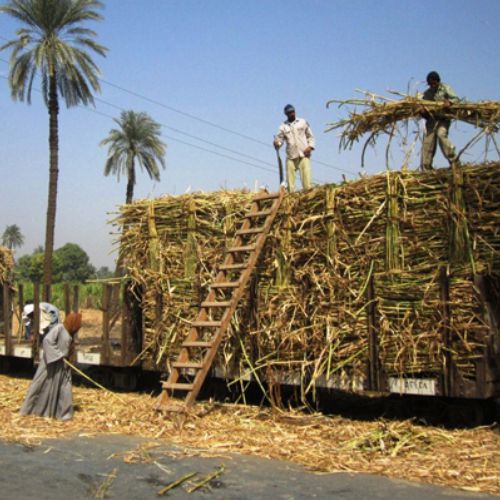Kampala: In a step towards addressing long-standing challenges in Uganda’s sugarcane sector, the Economic Policy Research Centre (EPRC) held a National Validation Workshop on Thursday at the Imperial Royale Hotel. The event focused on the Regulatory Impact Assessment (RIA) Report for the sugarcane sub-sector, bringing together key stakeholders to seek solutions for the industry’s persistent issues, reports PML Daily.
The workshop comes as Uganda’s sugar industry continues to grapple with problems including pricing disputes, mill licensing, governance gaps, post-harvest inefficiencies, and climate change impacts. Despite regulatory efforts such as the 2020 Sugar Act and the 2023 Amendment Bill, significant challenges remain unresolved.
EPRC Executive Director Sarah Sewanyana explained that a comprehensive evaluation of these issues began in September 2022. “We identified gaps in regulation, implementation, and governance, particularly in the strained relationships between millers and farmers,” she said. She added that technical staff from various ministries and agencies had recommended reviewing the 2010 National Sugarcane Policy and 2020 Sugar Act to enhance decision-making and governance in the sector.
The workshop’s goal was to share findings from the RIA report and gather feedback on policy and legislative proposals. Sewanyana emphasized that the assessment is crucial for improving the industry’s regulatory framework, focusing on enhancing performance, cost-effectiveness, and legal quality. “This RIA aims to create a more conducive environment for the sugarcane industry to thrive,” she said.
Minister of State for Trade David Bahati highlighted the sector’s progress since 1986 when sugar production was under 100,000 metric tonnes. “Today, we produce 600,000 metric tonnes annually, including 90,000 metric tonnes of industrial sugar, which we previously imported for $200 million a year,” he noted.
Bahati also pointed out the economic significance of the sugar industry, which contributed shs298 billion in revenue in 2023, up from less than shs10 billion in 1986, while employing many Ugandans. However, he advised small-scale farmers against entering sugarcane cultivation, emphasizing that large landholdings are essential for profitability.
First Deputy Prime Minister Rebecca Kadaga called for systematic reforms. “The issues facing the sugarcane industry, from price disputes to poor farmer registration and climate change issues, exist despite frameworks like the Sugar Act 2020. Governance gaps prevail.”
On the RIA process, she said, “This report provides valuable insights that should be used by the government as a means for meaningful change.”
The validation of the RIA report sets Uganda ready to address the hard-core issues in its sugarcane sector, shifting it toward improved governance sustainable growth and fairer practices for farmers and other stakeholders involved.












